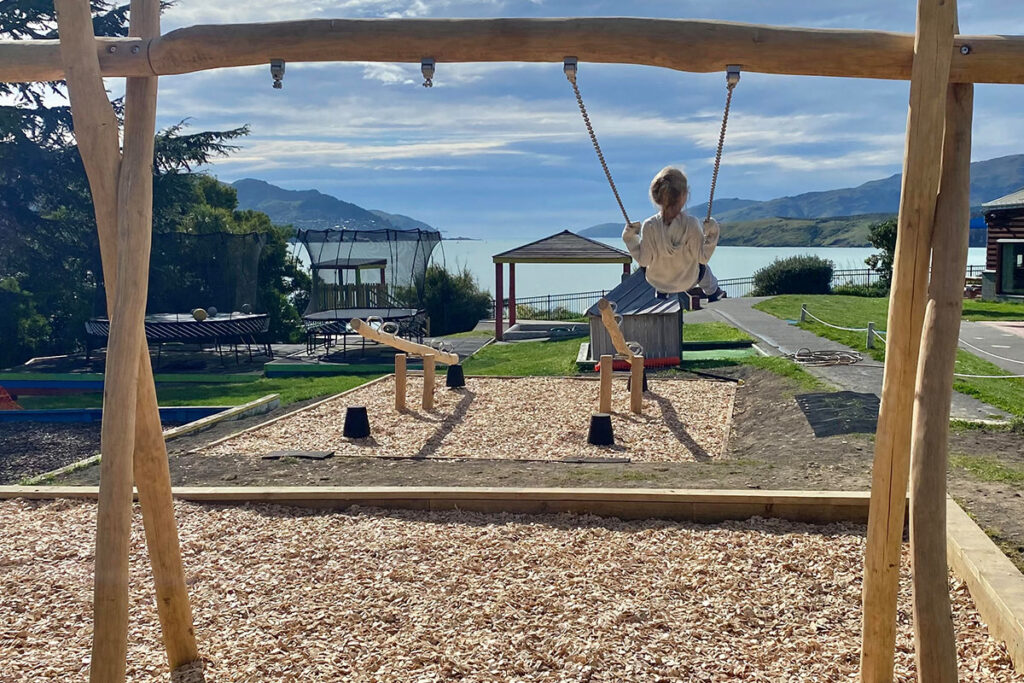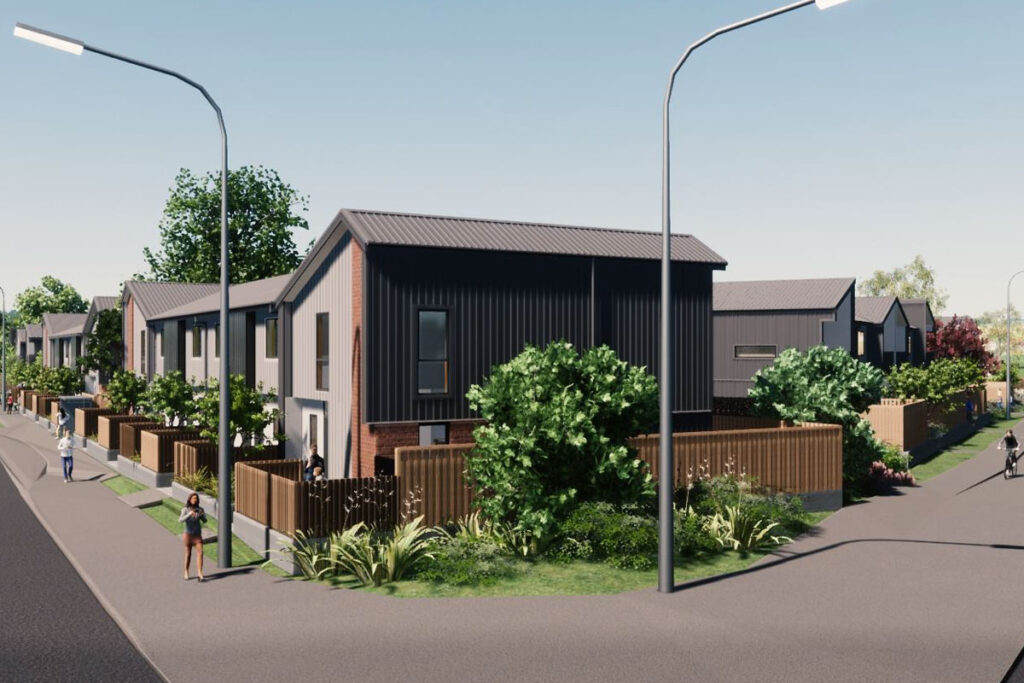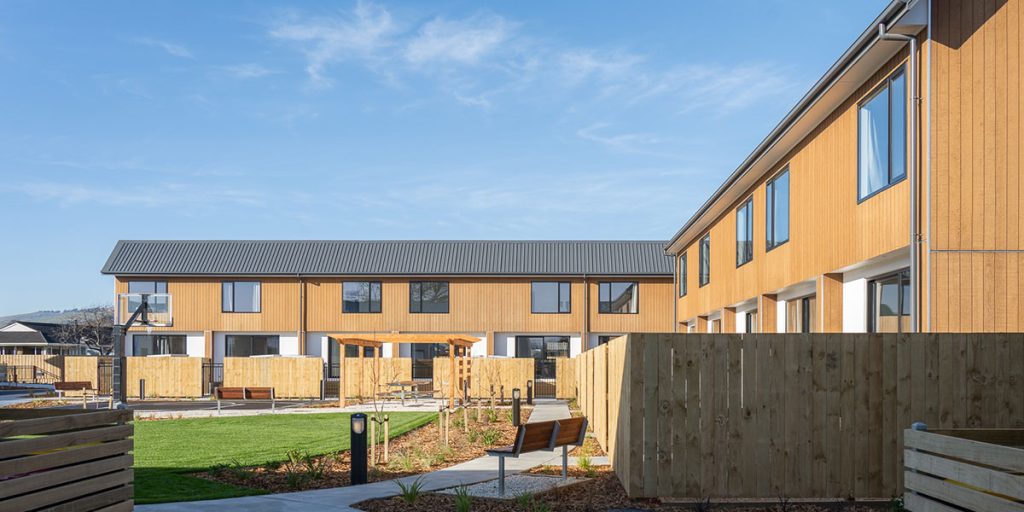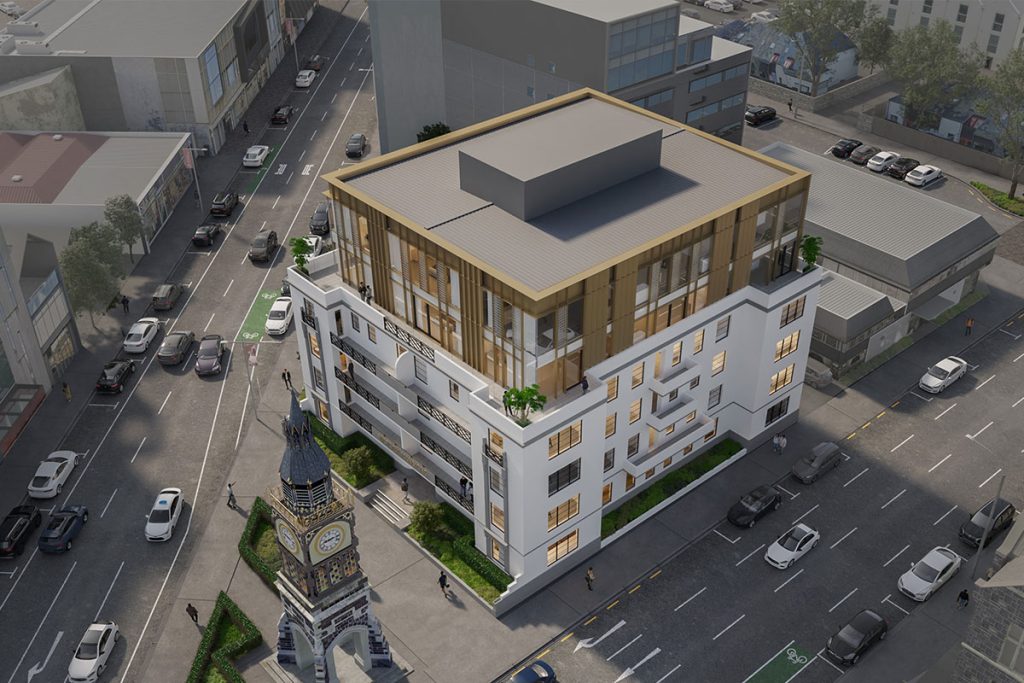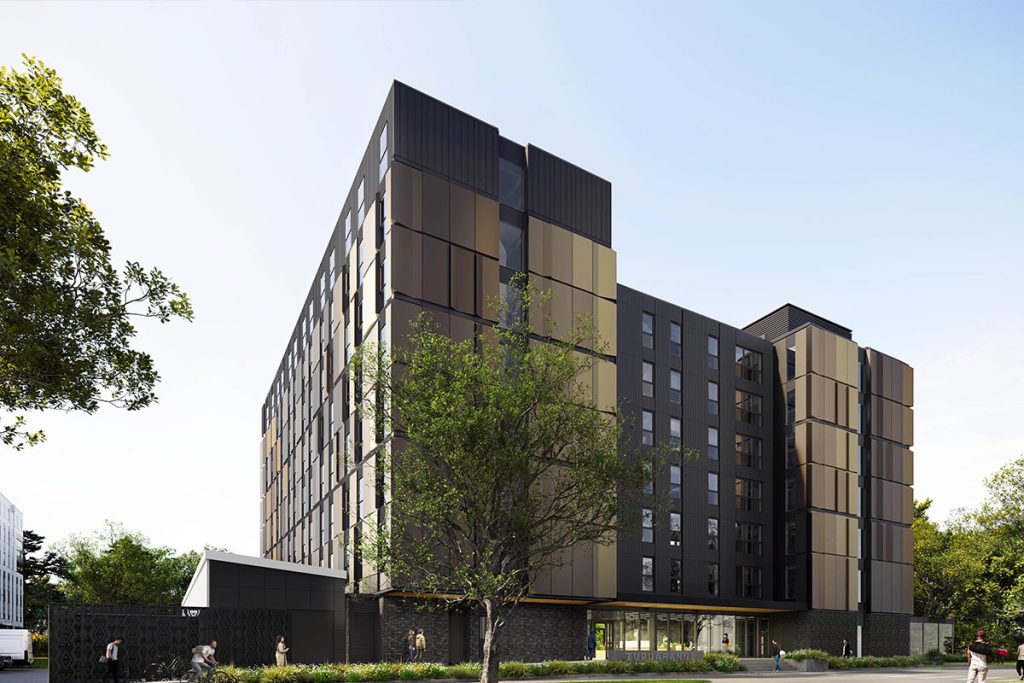What is a resource consent?
A resource consent is formal permission from your local district or regional council. It’s needed when you want to do something that’s not automatically allowed by the rules in your district or regional plan. For example if your building project does not comply with some council rules, or if your activity is not permitted in the zone, you’ll need resource consent.
What’s the difference between a resource consent, subdivision, and building consent?
A resource consent deals with how your project affects the environment and people. A subdivision consent is about property boundaries, while a building consent focuses on the safety and structure of your building. Think of:
Resource consent as “What can I do here?”
Building consent as “How is my building constructed?”
Subdivision consent as “Where are my property boundaries?”
How long does a property resource consent last for?
You have five years to implement your consent. Once implemented, a land use consent is usually permanent, unless you make any changes. A regional consent (i.e discharge, water, and coastal permit) typically has an expiration date, which can range from a year up to 35 years.
What is a certificate of compliance?
If your project follows all the rules and standards in your district or regional plan, or National Environmental Standards you can apply for a “certificate of compliance”. This certificate confirms that your project is allowed without further approval, even if rules change later. You don’t need this, but it can be helpful as a legal guarantee for your project’s status.
How much does a resource consent cost?
The cost varies, depending on your projects complexity. For our planners to prepare a simple resource consent application you can expect pay around $3,500- $5,500 excl.GST, while more complex projects cost a lot more. We can assess your project and give you a personalised fee proposal tailored to your specific application.
Are there any other costs I need to know about?
Yes, there are council costs and post lodgment fees.
Council Costs: When a resource consent is lodged, the council will charge an initial deposit fee for processing the application, and will charge additional fees if the initial deposit does not cover the processing costs. Each council will have their fees listed on their website.
Post Lodgement: After council have reviewed
the application they likely to have requests for further information (RFI’s) which may require technical experts. In some instances the application will go to a notified process, hearing or court. If these things happen, we will make sure you aware of aware of costs before you agree to any of these processes.
How long does a resource consent take?
Straightforward applications usually take between 2-4 weeks for a consultant planner to prepare ready for council submission.
Complex projects may take several months due to input required from other technical experts. Once the application has been submitted, council’s legally have 20 working days to process. If more information is required (which is normal) this will add time onto the application process. If the application becomes a notified process, you can expect to add a further 6- 9 months before consent is granted/not.
Why do you need to do a site visit? Can’t you use Google Maps?
A site visit enables us to properly assess your project in relation to its surroundings and environment. For example, to identify any heritage buildings, to look at current traffic flow, noise levels, waterways, and to gain a broader sense of the character and amenity of the area. It can also help identify potential affected parties.
What is an RFI?
Councils invariably request further information (RFI) to assess your application fully. These are to be expected and are part of the process. RFI’s must be addressed before the application can continue to be processed. They may request additional input from experts, or additional approvals from persons deemed affected by your proposal. They can also request other information such as extra detail on the architectural drawings, and further information about the operation of the activity. The consent and RFI may also discuss potential conditions for the consent to be granted.
Who is considered an affected person?
A person is considered an affected person if council determines that the effects of a proposed activity are minor or more than minor on that person (e.g. shading, noise). If a person has provided written approval, they are no longer considered an affected person.
If an affected person does not give written approval, the council will notify the application to these affected persons. Affected persons are then able to provide a submission on an application. If they wish to be heard, a hearing will be held in the presence of a hearing commissioner.
If the application is rejected in a hearing, it can be appealed to the Environment Court, and then to further Courts if requested by the applicant or submitters.
What is written approval and when do I need it?
Written approval can be provided by someone affected by your project. It shows they accept the projects effects, and if all affected persons provide written approval your consent will not require limited or public notification. It’s only essential to get written approval if the council considers this necessary (e.g. someone may be affected but the council might consider the effects are less than minor).
What does it mean if my resource consent is notified?
If your consent is notified, it means the public will be informed and can have a say in your application. Anyone (except trade competitors) can lodge a submission for or against. A limited notification means that only those who are considered to be affected can lodge a submission for or against.
What happens if my application has to go to a hearing?
If your consent requires a hearing, they can be a very costly process and there is no guarantee of winning. We will provide you clear advice and guidance on the potential cost involved in a hearing and from here you can decide if it’s worth proceeding. If you choose to go to a hearing and the decision is declined there is an additional process for appealing the decision. Time and costs will be discussed on a case by case basis.
What if I want to make changes to my activity or plans after resource consent is granted?
If the change is very minor it may fall within the scope of the consent. If not you’ll need to apply for amendments or variations to your granted consent. If you’re unsure, we can help determine this.
What do the different 'activity statuses' mean?
They refer to how your project aligns with local rules:
- Permitted: It is allowed – no consent is needed.
- Controlled: Consent must be granted, and the council can only impose conditions to matters which control is reserved in the plan.
- Restricted Discretionary: The councils discretion is restricted to certain matters when assessing the application. i.e. Can only consider the specified effects.
- Discretionary: The councils discretion is unrestricted when assessing the application. i.e. Can consider any effect.
- Non-complying: Activity is not consistent to the plan but resource consent may still be obtained.
- Prohibited: Not allowed in any circumstances and no consent can be applied for.
What is a National Policy Statement (NPS) and National Environmental Standard (NES)?
National Policy Statement contains requirements that councils must ‘give effect to’ in their planning document. National Environmental Standards contains rules that apply throughout New Zealand, and resource consent applications must consider these rules- for example how contaminated land is to be managed.

